The inquiry into the UK infected blood scandal has revealed a pervasive cover-up by the NHS and government, resulting in thousands of avoidable deaths and infections from contaminated blood products. Here’s the full story.
Catastrophic Public Health Disaster
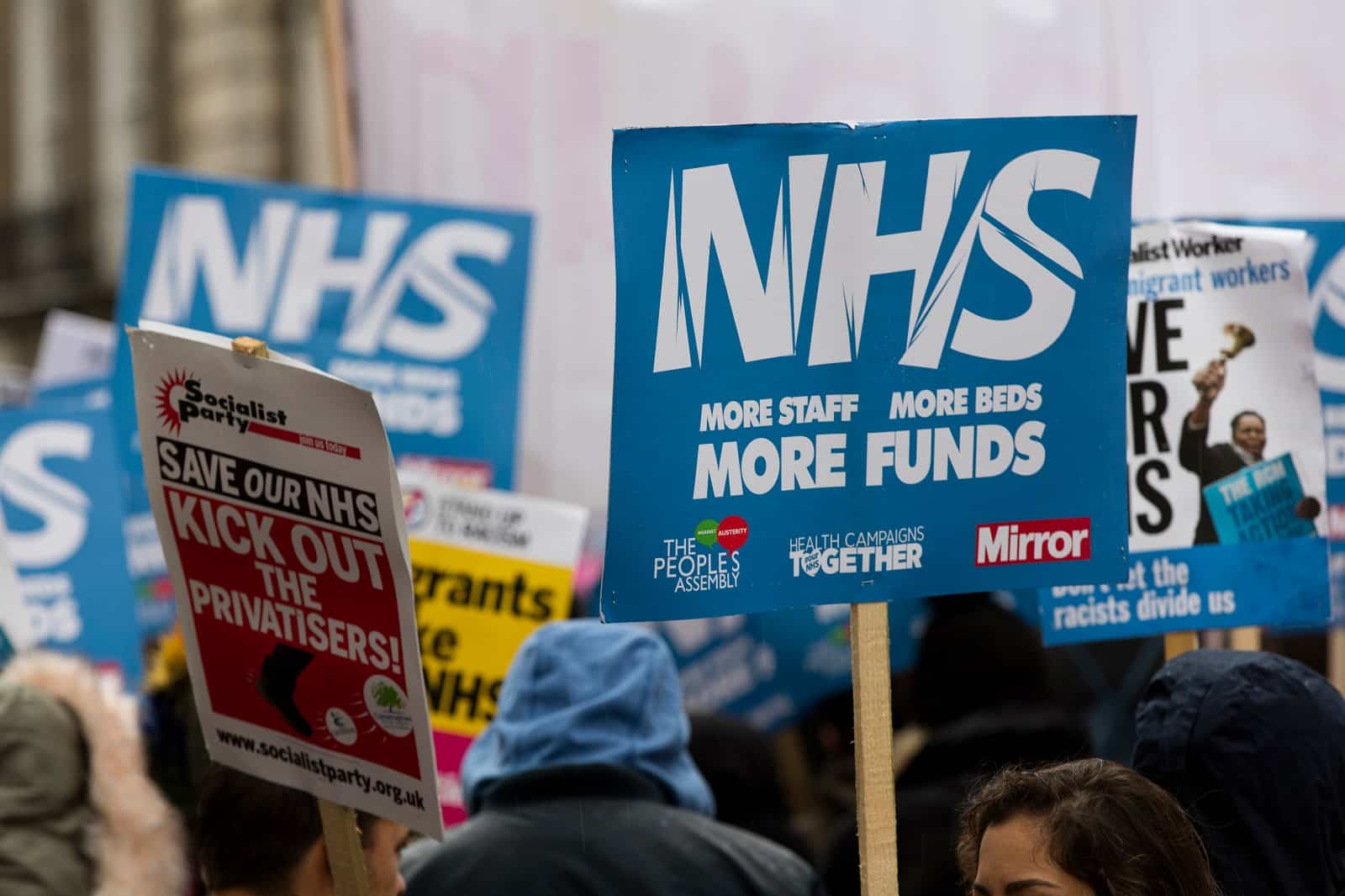
The UK infected blood scandal, a catastrophic public health disaster whose aftereffects are still being felt today, was made considerably worse by a “subtle, pervasive and chilling” cover-up by the government and the NHS, according to a newly released damning report.
1970s to 1990s

The tainted blood scandal, spanning from the 1970s to the early 1990s, resulted in thousands of preventable deaths and infections.
Contaminated Blood

The crisis began when thousands of patients in the UK received blood transfusions or other blood products which were contaminated by HIV and Hepatitis C.
High-Risk Donors

These infections, which primarily affected individuals with haemophilia and those undergoing surgery, were caused by several factors, including blood products imported from the United States, which were often sourced from high-risk donors such as prisoners.
30,000 Infected

By 1991, over 30,000 individuals had been infected, with approximately 3,000 fatalities. As the problem was so pervasive, this death toll will continue to climb.
Warnings Ignored

The recent inquiry, led by Sir Brian Langstaff, showed how the government ignored warnings about the risks of blood-borne infections long before the scandal morphed into the human tragedy it would become.
Significant Threat
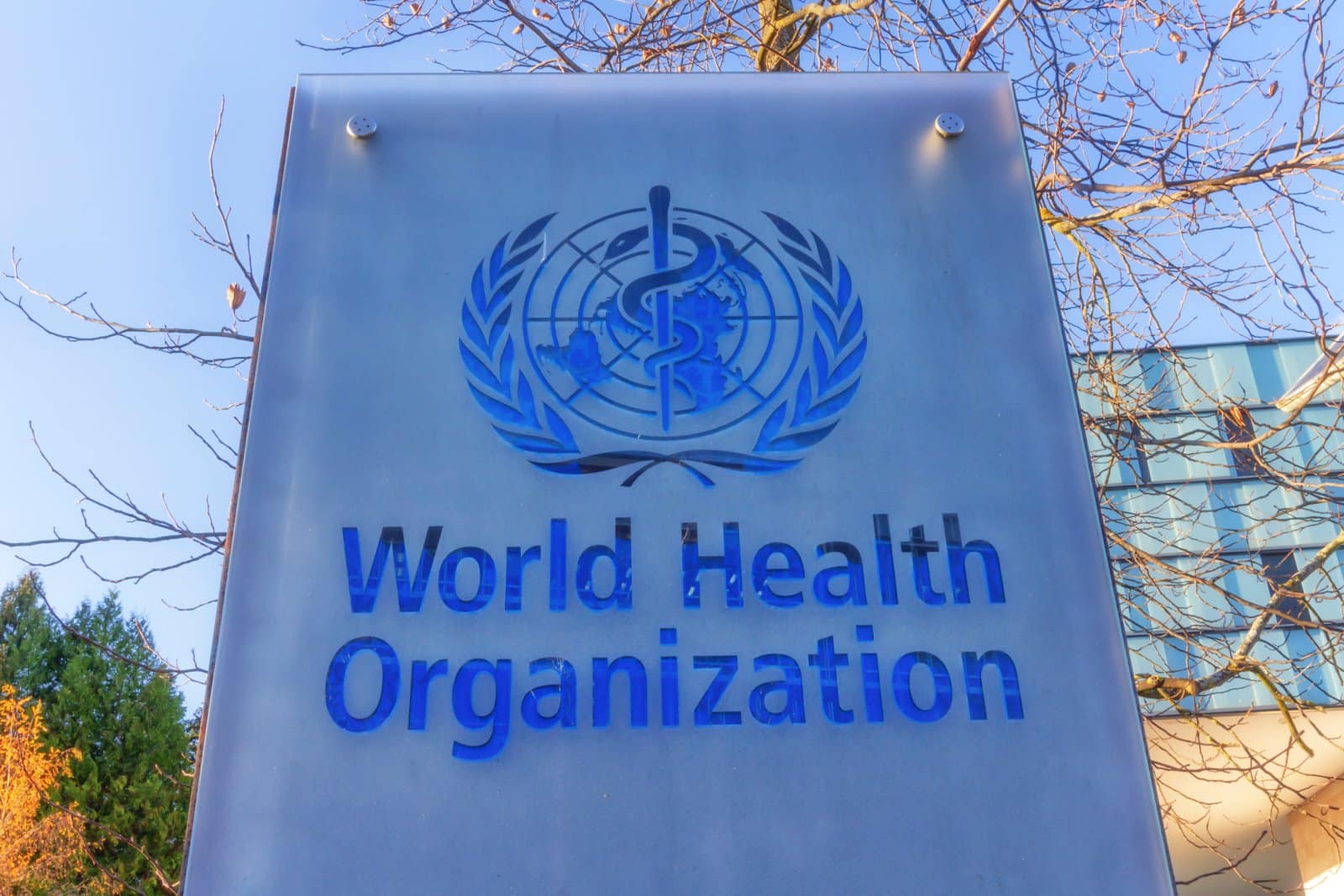
As early as 1952, the World Health Organization highlighted “serum hepatitis” as a significant threat. If the threat was taken seriously and steps were taken to prevent it, Langstaff asserted “that a significant part of the harm on which this inquiry is focused could have been prevented.”
HIV Risk
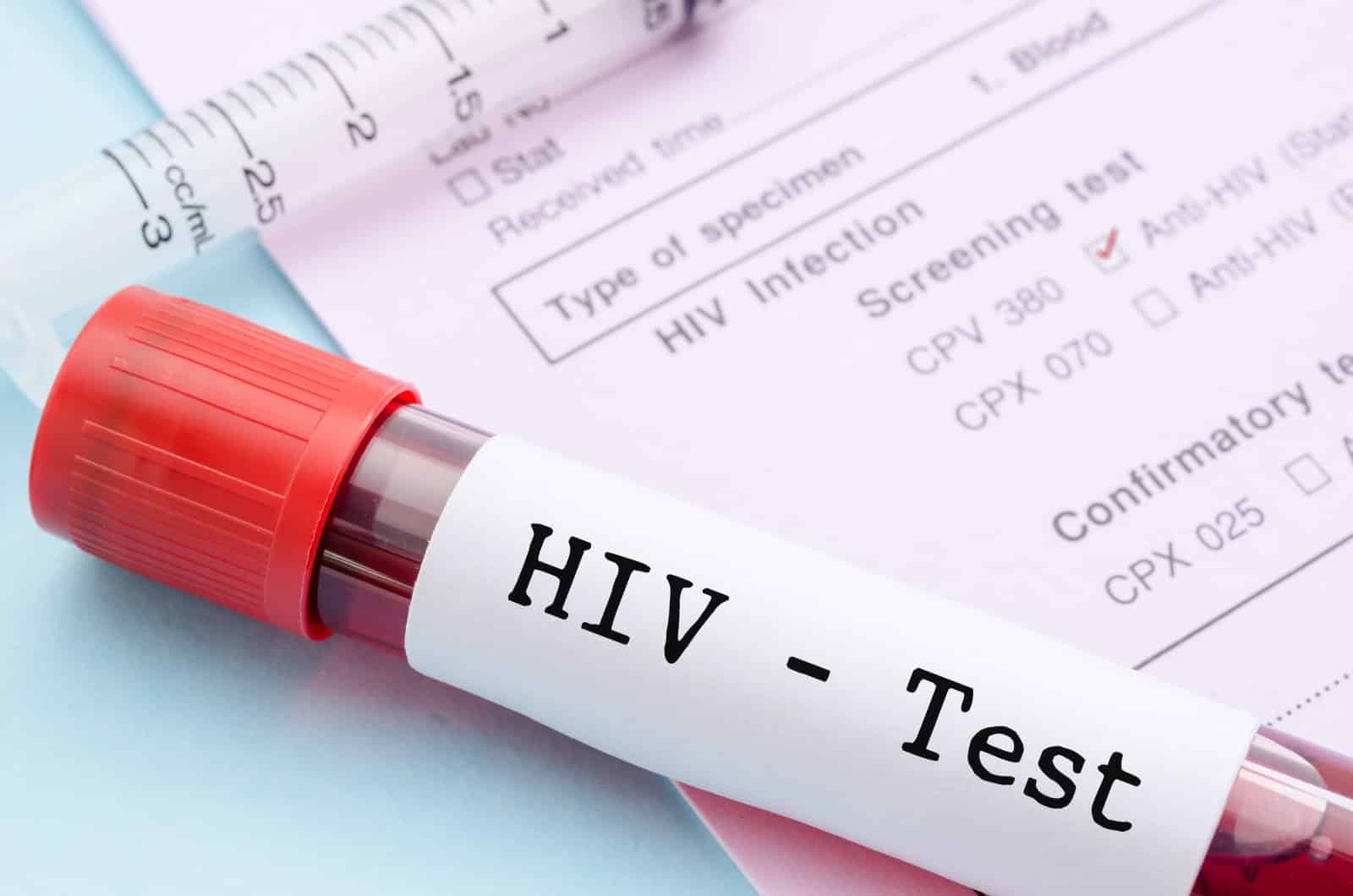
Medical professionals and health authorities were repeatedly cautioned about the dangers of contaminated blood. In 1983, Dr Spence Galbraith, one of the UK’s top infectious disease experts, warned against using US-sourced blood products until the HIV risk was clarified.
Risk to Patients

However, these warnings were ignored, and blood products continued to be imported and used without sufficient screening or donor selection processes despite the significant risk to patients.
Deliberate Cover Up

The inquiry has concluded that the infected blood scandal was exacerbated by a deliberate cover-up involving misleading statements, document destruction, and a disturbing lack of transparency.
No Conclusive Proof
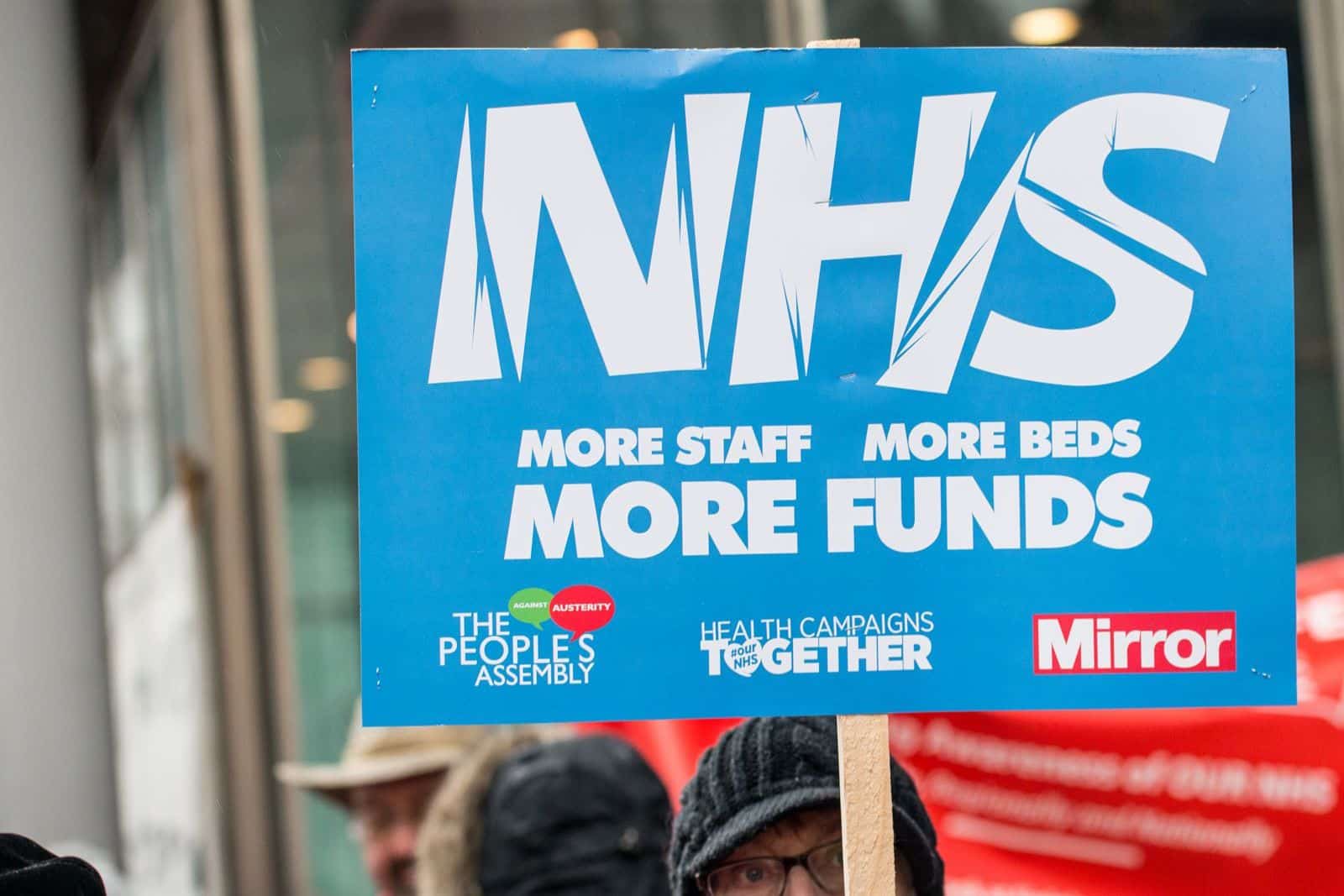
The NHS and successive governments repeatedly assured the public that there was no conclusive proof that HIV could be transmitted through blood transfusions despite mounting evidence to the contrary.
“Was There a Cover Up?”

Langstaff wrote in the report: “Standing back and viewing the response of the NHS and of government, the answer to the question ‘was there a cover-up?’ is that there has been. Not in the sense of a handful of people plotting in an orchestrated conspiracy to mislead, but in a way that was more subtle, more pervasive and more chilling in its implications. To save face and to save expense, there has been a hiding of much of the truth.”
“Inaccurate, Defensive and Misleading”

He continued, “Over decades successive governments repeated lines to take that were inaccurate, defensive and misleading. It’s persistent refusal to hold a public inquiry, coupled with a defensive mindset that refused to countenance that wrong had been done, left people without answers, and without justice. This has also meant that many people who are chronically ill have felt obliged to devote their time and their energies to investigating and campaigning, often at great personal cost.”
Infected Without Consent

The sheer scale of the disaster is difficult to comprehend. Many patients were infected during research conducted without their informed consent, with children being subjected to these dangerous treatments without their parents’ knowledge.
Years Long Delays

Delays in informing patients about their infections, sometimes spanning years, further compounded the tragedy, which led to an almost unimaginable cost in human lives.
“Destroyed Lives”

Langstaff noted that the disaster and subsequent cover-up “destroyed lives, dreams, friendships, families, and finances.”
“Not an Accident”

The inquiry was highly critical of successive governments’ repeated failures to address the scandal adequately, with Langstaff stating, “This disaster was not an accident. The infections happened because those in authority – doctors, the blood services and successive governments – did not put patient safety first.”
“Moral Case” for Compensation

In response to the inquiry’s findings, the government has admitted what it calls the “moral case” for compensation and will examine the issue of paying families of survivors or those who have lost loved ones once the report is published.
Long Suspected

Clive Smith of the Haemophilia Society, was adamant that many members of his community were glad to finally have the knowledge of the cover-up made public, which they had long suspected.
“The World Knows”
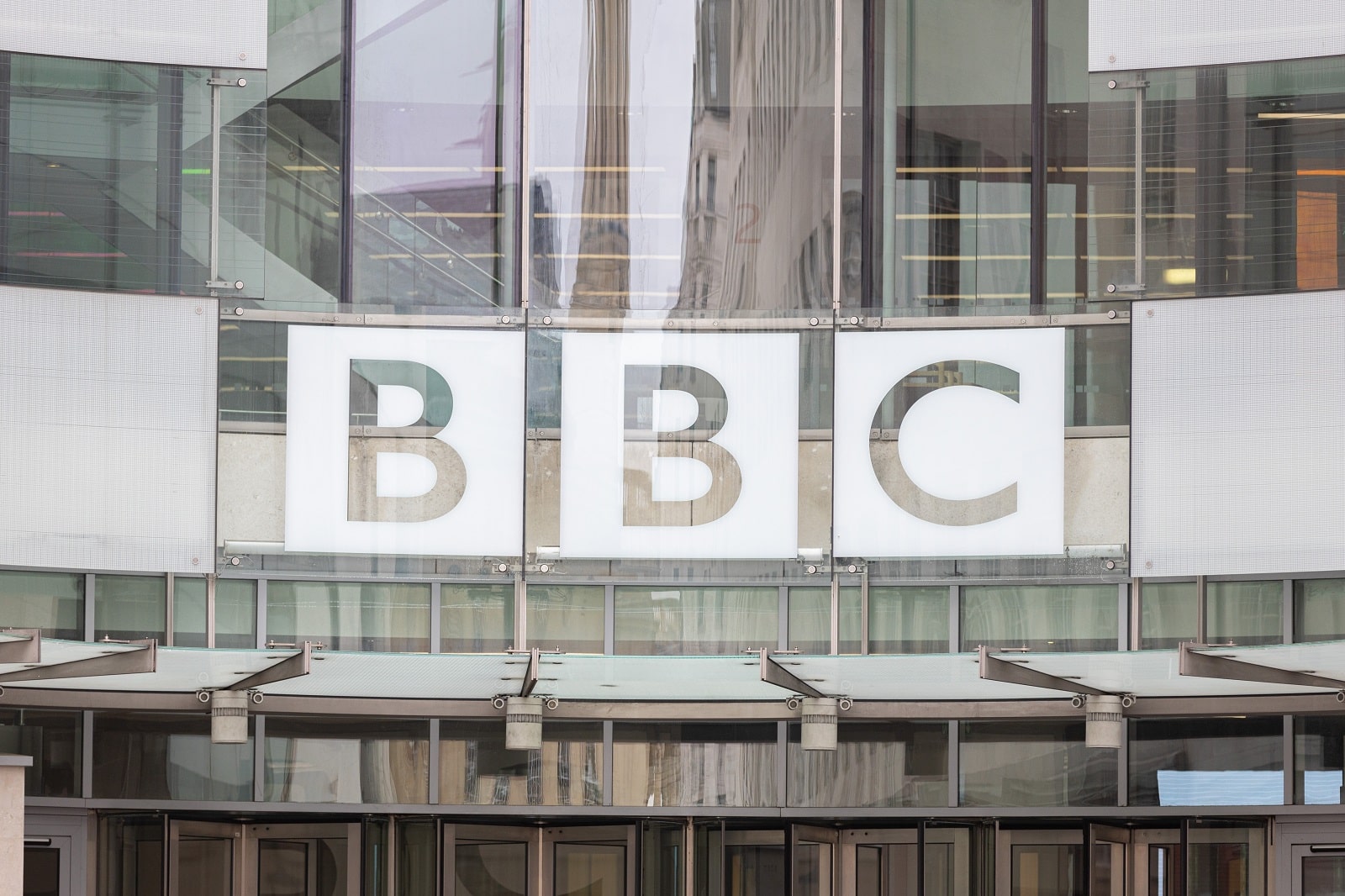
He told the BBC, “Now the country knows and the world knows, there was a deliberate attempt to lie and conceal, this was systemic, by government, civil servants and healthcare professionals.”
Public Health Crisis

The infected blood scandal remains one of the most devastating public health crises in the UK’s history, the horrific outcomes of which were confounded by successive governments ignoring warnings, not listening to victims and, when the sheer scale of the disaster became known, deliberately engaging in a systematic cover up to protect themselves rather than the victims.
Pressure on Government

As Prime Minister Rishi Sunak prepares to issue an apology, the government is under immense pressure to implement the inquiry’s recommendations to ensure such a tragedy never happens again. However, whether the inquiry’s shocking findings will be enough to force the government’s hand remains to be seen.
25 Things You CAN’T Talk About Anymore

Remember the days when you could freely discuss just about anything without fear of sparking controversy? Well, those days are long gone. In today’s hyper-sensitive world, there are topics so fraught with tension that even mentioning them can lead to heated debates and hurt feelings. 25 Things You CAN’T Talk About Anymore
Stranded: 15 Worst British Cars in History

Ever had a car that spent more time with the mechanic than on the road? A car that turned every journey into a game of “Will we actually get there?” If so, you might just see a familiar face (or should we say, chassis) in our countdown to the most unreliable British car in history. Stranded: 15 Worst British Cars in History
“Britain Will Become Unrecognizable” – Suella Braverman Spells Disaster for UK Amid Steep Rise in Visas Issued

Former Home Secretary Suella Braverman has warned that Britain will become “unrecognizable,” criticizing the amount of work visas the Home Office has approved, despite only being removed from her role in November. “Britain Will Become Unrecognizable” – Suella Braverman Spells Disaster for UK Amid Steep Rise in Visas Issued
20 Things From the ‘70s That Are Not OK Today

Step into the time machine and set the dial to the 1970s, a decade of disco, bell-bottoms, and some rather questionable choices. While the ’70s gave us iconic music and groundbreaking TV, not everything from this groovy era would get a green light today. 20 Things From the ‘70s That Are Not OK Today
20 Best and Worst Universities in the UK

Navigating the UK university landscape is like deciphering a complex code of rankings, reviews, and reputations to uncover where you’ll not just learn, but truly flourish. Whether you’re drawn to the historic halls of Oxford or the creative buzz of Goldsmiths, finding your perfect fit is about aligning your aspirations with the unique offerings of each institution. 20 Best and Worst Universities in the UK
The post Blood on Their Hands: Inquiry Exposes Decades of Government and NHS Cover-Ups in Infected Blood Cases first appeared on Edge Media.
Featured Image Credit: Shutterstock / n.k.junky.
Grant Gallacher is a seasoned writer with expertise in politics and impactful daily news. His work, deeply rooted in addressing issues that resonate with a wide audience, showcases an unwavering commitment to bringing forth the stories that matter. He is also known for satirical writing and stand up comedy.

